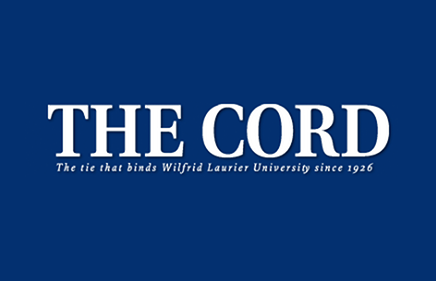Editorial: No one’s ever always right

Only a couple of weeks ago, one of my favourite active authors released his newest novel. To say I was excited was an understatement—the primitive, whiteboard countdown on my bedroom wall supports this.
For your sake, I will not divulge the name of the author or the novel in question. I still strongly believe his words can do great things for his readers. These books—particularly his non-fiction work—hoisted me out of the most frightening period of my life to date.
All I can hope is that at some point throughout your life, you fall upon these books and allow them to do tofor you what they’ve done for me.
It was late at night—or more accurately early morning—when I first opened the book. The line struck me, raising the temperature of my body in contention for People’s Sexiest Man of the Year award—damn you, Jason Mamoa. “…she’d studied enough existential philosophy to believe loneliness was a fundamental part of being human in an essentially meaningless universe.”
To the passive, rational reader, this line might not mean a whole lot. But of course, like those with chronic anxiety know, over-analyzing is a common ailment. I couldn’t sleep until I did my research. Regretfully, I found what I was looking for yet wished I wouldn’t find: “I’m atheist,” he wrote.
Why had this sent me into such a spiral? Although I had attended Catholic school my entire adolescence, to say I was religious would be a major stretch. Organized religions are flawed, hypocritical, sexist, homophobic, and downright out of date. I know this.
So why did these two words posted to this author’s Twitter page sit so poorly with me? And then it clicked. This had nothing to do with religion, nothing at all.
But it had a lot to do with faith and a lot to do with optimism. Not faith in God or the rosy-cheeked baby Jesus. It had nothing to do with Shiva or Neptune or Vishnu or any of those ridiculous crystals people buy. It was about being open to an idea.
It has always troubled me to witness anyone so sure of anything. To me, atheism is so final: an affirmed conclusion. I never understood the sheer unwillingness to simply shrug your shoulders and go “well, maybe.”
Life without optimism is exhausting—even if the idea of an after-life afterlife is nothing more than a psychological construct. And even though I don’t believe Hheaven is a cloud of caloric-less carbohydrates and endless fellatio, I’ve always found it comforting to simply say “I don’t know.”
I’m not sure of anything. I have no ascertained ideal of what to expect after my family’s genetic heart disease finally gets me—and I love that! My delusional subconscious thrives off the ambiguity of never knowing what to expect next.
When the inevitability of suicide and endless self-afflictions seemed my only option, this was the author who saved me. So, it was understandably frightening to discover that we failed to share one of the most fundamental psychological actors between our belief systems.
But no one’s ever always right. And just because this author was right about a lot of things during that period of my life, that doesn’t mean my contrasting beliefs are immediately invalidated.
And as I reflect on the struggles of my past week, I can shrug at my smug grin in the mirror and say: “nNo one’s ever always wrong either.”

